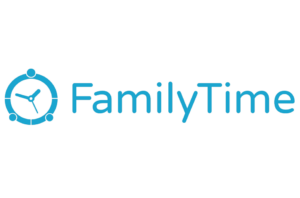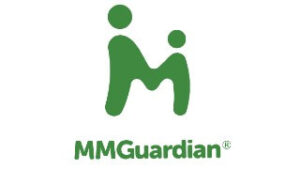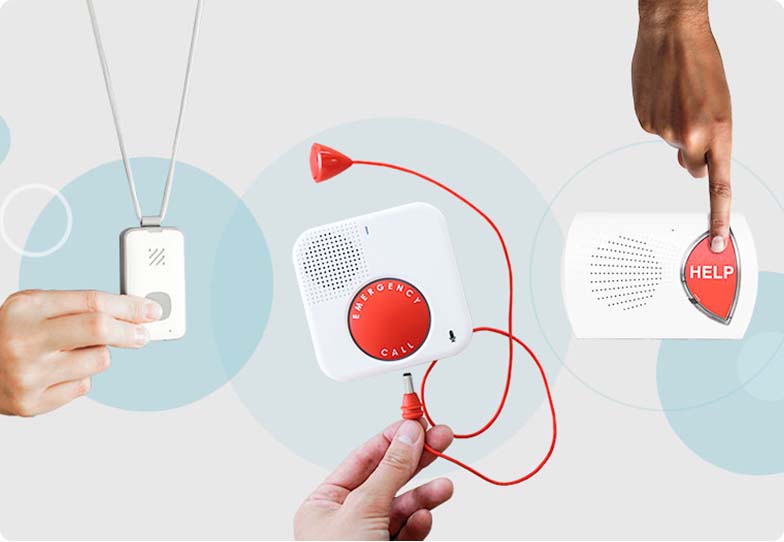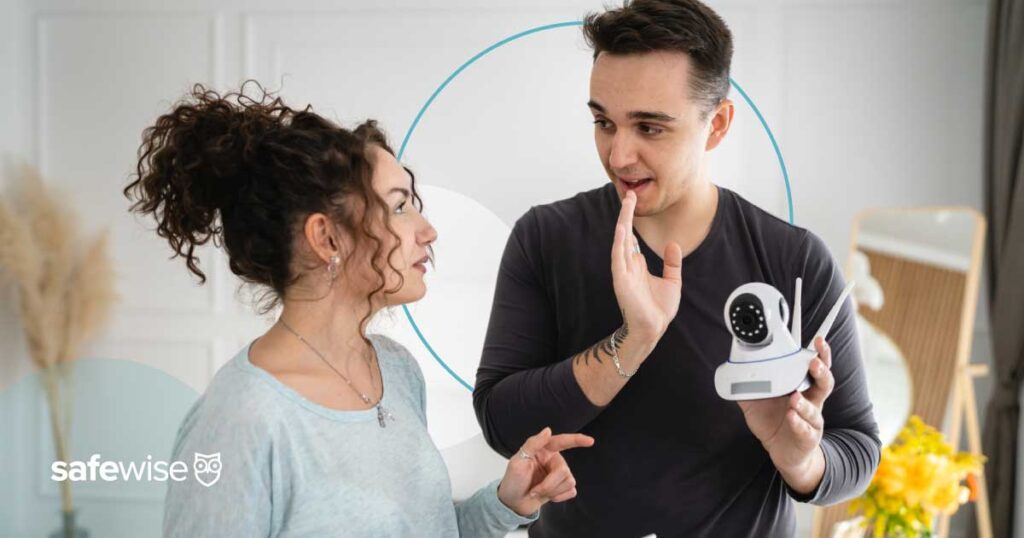More parental control apps we considered
We started out with a list of 30 parental monitoring apps. Here are some that didn’t quite make the cut for our top five.
Boomerang's main appeal is its affordability—about $16 a year for one device or $31 a year for ten devices. But most of its features are limited to Android devices, so skip this one if your child uses an iPhone.
We also like that Boomerang doesn't allow new apps to be downloaded until you give the OK. It also has good screen time management features.
Boomerang just squeaked out of our top five. If you're on a budget, give it a closer look by reading our full Boomerang review.
Screen Time (not to be confused with Apple's parental control of the same name) has a free version that covers one Android device. The Premium subscription comes to about $84 a year.
As long as your child uses an Android phone, you can read their full texts with Screen Time, monitor messages sent through WhatsApp, Viber, and Kik, and see all photos your child takes, sends, and receives.
There's no contact management, or call log history, but Screen Time has a nice buffet of other management tools. We especially like that it can block all new app downloads.
Norton Family is best for parents and kids who already have an open dialogue about internet safety, since the dashboard is more for guiding your conversations than instituting a total device lockdown. It lacks the social media monitoring and app management of more comprehensive parental control software like Bark. Norton Family starts at about $50 for the first yer.
You can read more about our experience with our in-depth Norton Family Parental Control Review.
The Circle Home Plus internet filter (now part of Aura) costs $10 per month or $89 per year; however, the Aura pricing isn't listed plainly anywhere on their website and I had to dig through FAQ to find it without signing up for a plan. Circle Home Plus controls any device connected to your home’s Wi-Fi. If that sounds good to you, we recommend Bark Home instead. It costs about $80, and you don’t need to pay an annual fee.
You can read more about our experience with our in-depth Circle Home Plus review.
Circle also came out with an app that's now sold with Circle Home Plus, but it didn't knock our socks off. It doesn't monitor texts, emails, or social media messages and doesn't provide call logs or contact management. It's good for regulating screen time and blocking apps or content categories, though.
Mobicip offers a web filter, screen-time management, location tracker, app blocker, website blocker, and history report starting at around $48 per year for five devices. If you use Android devices, Boomerang offers those same features and more at around $31 per year for 10 devices.
If you use iOS, macOS, Windows, Kindle, or Chromebook, then Mobicip is a slightly more affordable alternative to Qustodio (but without the info-heavy reporting dashboard).
OurPact offers a free version that lets you block apps and set up one schedule for screen time. If you want any other functionality, you need to pay $6.99 per month—but if you pay for a year in advance, you get two months free. If you can pay it all at once, your annual rate will be about $70 and that lets you manage up to 20 devices.
We do think it’s cool that this parental control software lets you see a live view of your child’s screen, but its reporting dashboard lacks insight into web history, call history, and overall device usage.
Read more about our testing experience in our in-depth OurPact review.
Google Family Link is free and lets you manage apps, control screen time, and track your child’s location. Google Family Link’s closest competitors are the free versions of Kaspersky or Qustodio, which don’t track location but do offer a web filter. We think web filtering is the more useful feature, but you can always install Google Family Link in addition to Kaspersky or Qustodio if you want.
Once upon a time, Net Nanny earned a spot among the top parental controls. We bumped it down the list because there were more affordable and easier-to-use alternatives on the market now. It also doesn't offer any trial period, which is a big minus in our book.
But, Net Nanny has adjusted its pricing, and it's now more competitive. Plans start at $50 per year for one device, $80 per year for up to five devices and $130 per year for as many as 20 devices. And we've found that the company offers discounts pretty regularly. As of publication, all plans were 30% off, reducing annual costs to $40, $55, and $90, depending on how many devices you want to cover.
The biggest issue we had was how hard it was to set up the app. It took our tester an hour to set up Net Nanny for one device, and they were able to get around the web filter. We need to give Net Nanny another look, but as of our last round of testing, we don’t see a reason to choose this brand, especially since it offers no message monitoring.
Cocospy helps parents track where their kids are and what they are up to online. Its features include the ability to check WhatsApp, contacts, browser history, and call logs, plus geofencing. Monthly prices range from$40 to $70 per month, which makes this a pretty pricey option.
Kidslox takes the cake for location history. It not only shows your child's current location, but the route they took to get there and how long they lingered at stops along the way. You'll see corresponding addresses and times too.
Location history is saved for 7 days. You can also set up geofences. Other than that, Kidslox offers average parental controls with no message monitoring.
Kidslox bills customers annually, charging $49.99 per year for its single-device basic plan or $79.99 for the family plan, which covers up to 10 devices.
Canopy offers the basics: web filtering, scheduled screen time, and geofencing. But it stands out in terms of sexting prevention and mature content screening.
Canopy alerts you if it thinks your child has taken a sexual photo, and it also scans websites in real time for suggestive photos and replaces them with white squares. You have the ability to filter images with partial nudity too, like swimsuit photos.
While Canopy's image AI is impressive, make sure this parental control app has all of the other features you want before you buy. Coverage for 10 devices costs either $16 per month or $120 per year—on the expensive side for larger households.
mSpy is an alternative to SentryPC but costs at least twice as much. It's an invasive parental control that shows you almost everything that happens on your child's device—including any captured photos and videos. It also can also monitor emails, texts, Facebook messenger, Instagram, WhatsApp, and Snapchat, and seven other social media apps.
mSpy is very expensive compared to the competition and charges extra for technical assistance. It also hides pricing and makes claims like "#1 choice in the United States" that comes with a disclaimer that the statement is only the opinion of the company. We'd steer clear.










